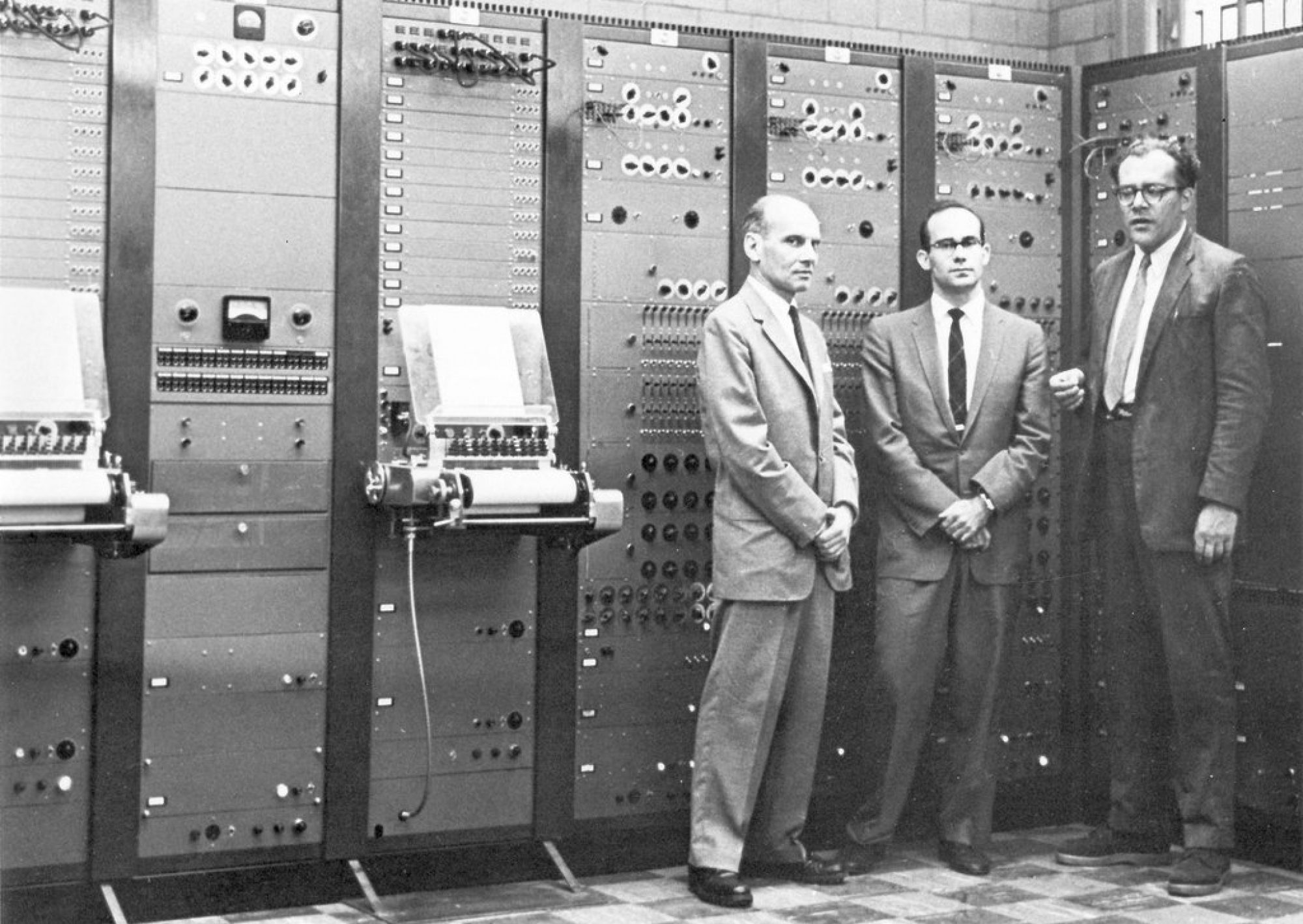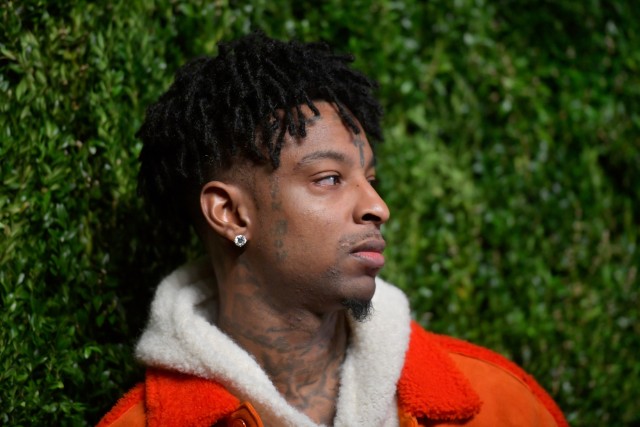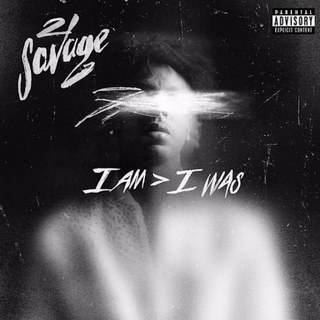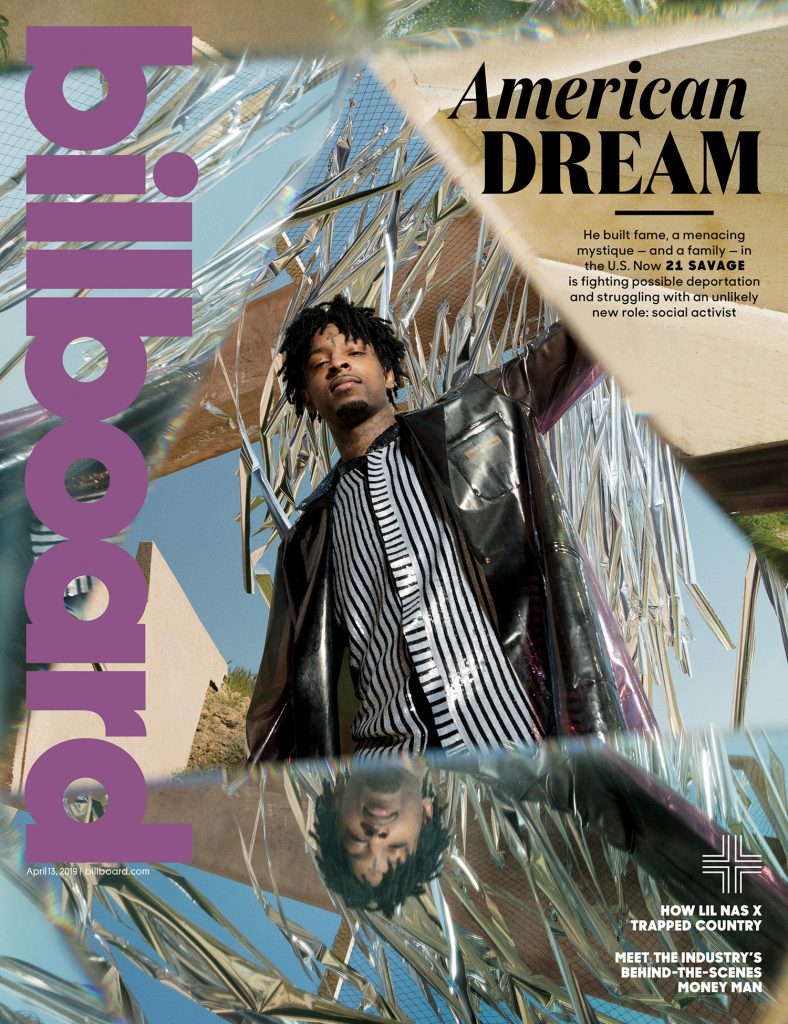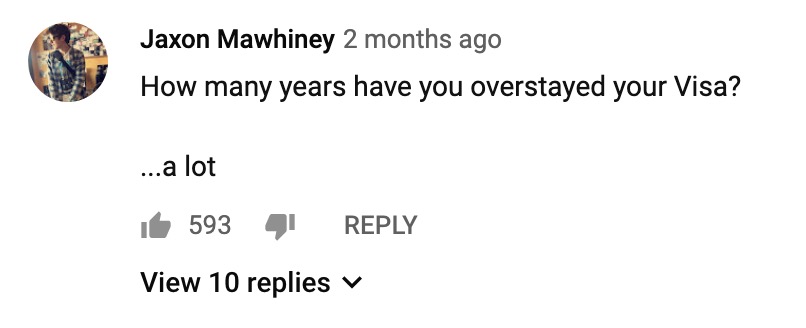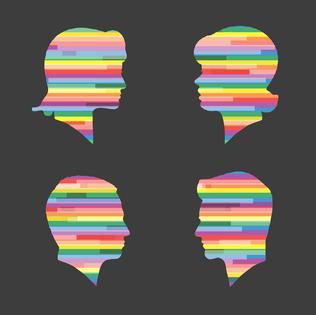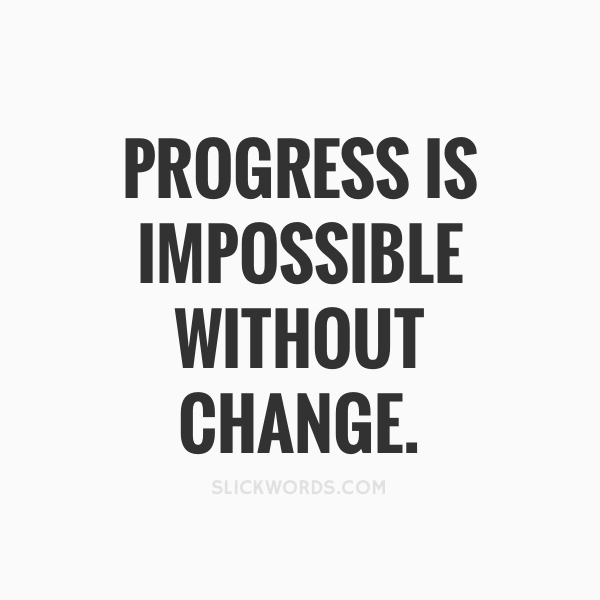In the 1990’s, Chirstopher Wallace, known as The Notorious B.I.G or simply Biggie Smalls, was the definition of rap and street Hip Hop to East Coast audiences. Growing up in a single parent house in the middle of Bed-Stuy only to become one of the biggest names in the Rap industry, Biggie became an incredible source of hope for the working class as well as the black community as whole throughout New York City. And so, as a way to keep that hope and inspiration going, in 1994, Biggie released “Juicy”: a song detailing the events and motivation he had in his life that made him keep moving forward. The way in which Biggie Smalls writes his lyrics with such an inviting, understandable flow as well as creates a music video that so aptly portrays the moments he discusses in his life is the reason why I believe this to be one of the best songs and music videos made in the 1990’s. And so, without further a do, here is Notorious B.I.G’s Juicy
Looking at the first 30 seconds of the music video (which is predominantly the dedication of the rap), we as an audience can already see the three main facets of Biggie’s life that he is going to present: his early childhood as a crack dealer living with his mom, his life in prison, and his life now as a rapper. Biggie also perfectly syncs the aspects of his dedication with the actual subjects (i.e during the lyric “To all the people that lived above the buildings that I was hustlin’ in front of called the police on me when I was just tryin’ to make some money to feed my daughter” Biggie is being shown being arrested in an undercover drug bust and the following lyric “And to all my peoples in the struggle” he moves to a shot of a corner in Bed Stuy where a huge crowd of people are standing expressionless). Biggie then moves into the first verse:
It was all a dream, I used to read Word Up! magazine
Salt-n-Pepa and Heavy D up in the limousine
Hangin’ pictures on my wall
Every Saturday Rap Attack, Mr. Magic, Marley Marl
I let my tape rock ’til my tape popped
Smokin’ weed in Bambu, sippin’ on Private Stock
Way back, when I had the red and black lumberjack
With the hat to match
In this stanza, Biggie heavily relates to the young audience members listening to his music. Here he is as prolific rap idol having a childhood very similar to any other kid growing up in the 80’s. With this passage, Biggie can be seen in a prison cell (as he was for 8 months when he was 18) hanging cut pictures of people he got out of Word Up! Magazine; an activity which most normal people did in their childhood (minus the prison part!). With instances of drinking cheap malt liquor, shooting dice in the streets, and eating sardines from the can appearing in his lyrics and music video, Biggie is ultimately stating that he was just like everyone else growing up in Brooklyn in that he didn’t have any luxuries.
The chorus then directly addresses the audience with a message of determination and hope. It states that kids shouldn’t let anything “hold them back” and should “reach for the stars.” This is the moment in the music video where Biggie presents the payoff of reaching for the stars. He is seen at a beautiful house with a full pool and pool house partying with a huge amount of people having fun. Albeit a great well written chorus, this is actually one of my favorite Easter eggs in the song. The melody of this hook, as well as the beat, and backtrack are all sampled from the same song “Juicy Fruit” by Mtume, which is why the song is called “Juicy.”
As far as the rest of the verses, Biggie explains that while it may be hard to picture a living a lush life without being deep in low level crimes, it is certainly possible as long as you keep trying and flip from negative to positive thinking. He shows this lush life through the maids he has bringing him and his friends champagne as well as owning his own Sega Genesis (which Michael Che believes he very well could have afforded one even before he was a rapper). In short, Biggie Small’s “Juicy” promises a better future to people who are true to themselves and take advantage of the world around them.

As it seems, a lot of people have taken a liking to this message and Biggie Smalls has in recent times become somewhat of a pop culture icon. Reading through the comments of this official music video, I saw how much Biggie’s style and words meant to his listeners. One listener named Ricardo Zúñiga commented, “This song inspires me so much to push myself and make it big. It’s my anthem. I’m as broke as could be, but I’m putting myself through college… I’m fortunate to be able to live at my mom’s, but unfortunately, she can’t help much beyond that, since she works as a janitor earning minimum wage. And my father is equally as broke. But this song motivates me to keep pushing. I know I got what it takes to pull my family out of this poverty.” In my mind, the meaning of this song completely got through to this person, who is trying to live life to the fullest and achieve his goals. The majority of the other comments, like that of Charcoal Head, talked much more about his flow. They write, “This guy was a lyrical genius! His flows were smoother than water, and the beats Biggie sang over were raw.” Biggie was known as the king of flow with a style that couldn’t be matched by any other rapper at the time. Finally, an incredible number of commenters talked about the ways in which you could compare Biggie to rappers of today. This was usually to display that idea that 21stcentury rappers are much more fragile than older rap artists. For instance, Shady wrote comically, “Biggie and Tupac had beef because Tupac thought Biggie got him shot. Drake and Meek Mill are beefing because one tweeted about the other.” Although this comment was probably out of jest, it is a firmly held belief that modern day rappers like 6ix9ine and Drake don’t live up to the same intensity and strength as 90’s rappers like Tupac or Biggie. These were profound artists and, especially in Biggie’s case, constantly searched for progress in the people around them.
